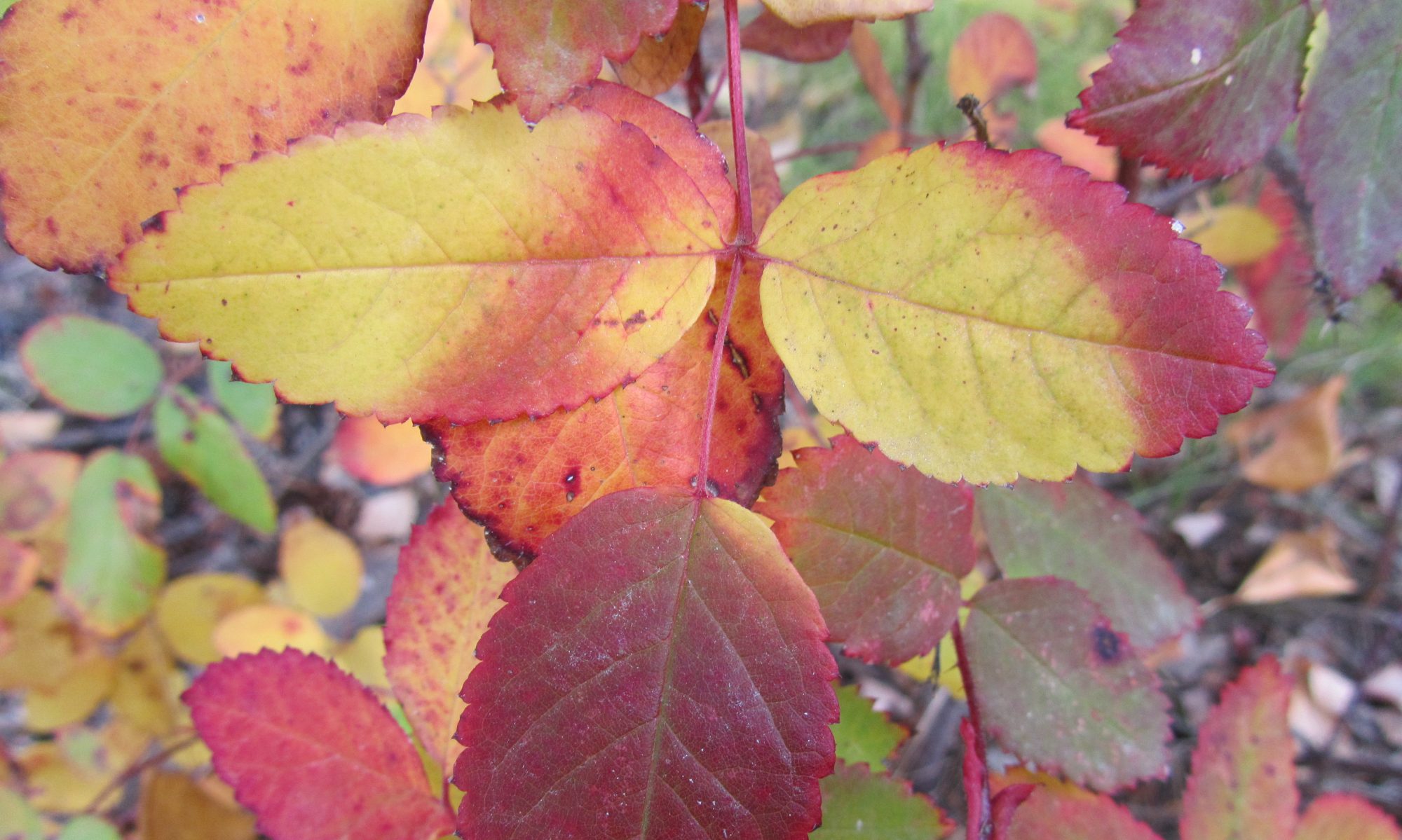A Department of Alaska Native Studies and Rural Development Blog Post
March 2024
By: Charleen Fisher, PhD
Gwich’in Introduction
Drin Gwinzii! Shoozhrii Charleen Fisher, PhD oozhii. Beaver, Alaska gwats’an ihlii. Shii Dinjii zhuh oozhii Daazhrąįį. Assistant Professor Department of Alaska Native Studies ts’à’ Rural Development ihlii.
English Introduction
Good day! My name is Charleen Fisher, PhD. I am from Beaver, Alaska. My native name is Daazhrąįį. I am an Assistant Professor in the Department of Alaska Native Studies and Rural Development.
This DANSRD Blog post shares about the Co-Create Collaborative and the work they do to contribute to and highlight ethical norms for working with Indigenous people in the circumpolar north. The group are like minded individuals who work together when it is important to do so.
The Co-Create Collaborative is an unstructured group of Indigenous rights holders and Indigenous and non-Indigenous researchers who come together to write papers, organize and host workshops and presentations, and meet to share knowledge. I have worked with this group on several projects and will share about them here, please feel free to access the links and cite as you see fit.
January 2022 (published paper) – Shaping Arctic’s Tomorrow through Indigenous Knowledge Engagement and Knowledge Co-Production
Shaping Arctic’s Tomorrow through Indigenous Knowledge Engagement and Knowledge Co-Production
This Sustainability, 2022, 14(3) 1331 publication is a foundational article that was worked on by researchers in 2021 and published in January of 2022. This paper advocated for co-creation or co-production of knowledge with Indigenous people and non-Indigenous researchers to be a priority and made recommendations for practical steps to be taken.
June 2022 (published paper) – Improving the Relationships between Indigenous rights holders and researchers in the Arctic: an invitation for change in funding and collaboration
This article recommends strategies for transformative ways to integrate ethical research for meaningful collaboration in the area of research funding. There were 10 co-authors including Indigenous researchers and allies from the circumpolar north and Europe. The paper was published in Environmental Research Letters, Vol 17, No. 6 on June 10, 2022. The introduction was written by advocate Elle Merete Omma and highlights the Sápmi experience. This paper is steeped in helpful references and has a table with clear recommendations to research funders.
July 2022 (workshop) – Gwich’in fur mitten workshop & need for collaboration in research
Gwich’in fur mitten making and the need for collaboration in research
I was lucky enough to participate in a summer workshop in Potsdam, Germany with the Co-Create Collaborative. I held a workshop about identity, sewing, and research from an Indigenous perspective with co-create members and other people affiliated with the Research Institute for Sustainability – Helmholtz-Centre Potsdam (RIFS). I shared a presentation, my sewing and then we worked on a beading project.
November 2022 (presentation) – CRCD Research Speaker Series
CRCD Research Speaker Series: Dr. Charleen Fisher
The UAF College of Rural and Community Development (CRCD) initiated the CRCD Research Speaker Series and I was asked to share. I was joined by Dr. Döring and we spoke about the current co-creation collaborative events of that time.
August 2022 (published paper) – Shijyaa Haa Research: Reflections on positionality, relationality, and commonality in Arctic research by Charleen Fisher & Nina Nikola Döring
https://ethicalspace.pubpub.org/pub/8gsn9s8h/release/4
Dr. Döring and I worked on this paper for a couple of years and we were lucky enough to be published in the special issue of Ethical Space: Indigenous Communications Landscapes, Vol. 20, Nos. ⅔. The dialogic style presented a conversation between myself and Dr. Döring discussing our perspectives on co-creation issues and identity.
October 2023 (workshop) – A Week of Exchange: Ethics and Methods in Arctic Transformative Research
a week of exchange: ethics and methods in arctic transformative research
WEMA III had so many great workshops with over 40 attendees at Oulu University in Oulu, Finland. I co-led a session titled Indigenous Knowledge, Language, and Positionality in Indigenous Research, facilitated by Ellen Marie Jensen (independent researcher) and Sigga-Marja Magga of the Giellagas Institute at the University of Oulu. I was so happy to share about the language work that I am involved in at the Tribal level. I shared the partnership website: https://gwichinlanguage.org/ and the materials that we work on and then did a hands-on sensory experience making a keychain with moose hide scraps, duck feathers, and glass beads. A report will be made available soon summarizing our workshop.
Upcoming: Co-creation collaborative website!
Mahsi’ choo or thank you for taking the time to read this Department of Alaska Native Studies and Rural Development Blog post!
